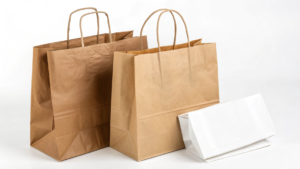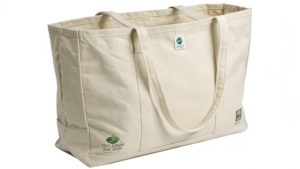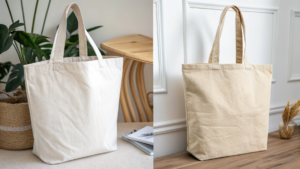Eco-Friendly Kraft Shopping Bags
Are you still relying on plastic bags? Many businesses want to be more sustainable but struggle with practical options. It is time for a real change.
Eco-friendly kraft shopping bags are a highly sustainable and versatile packaging solution, offering biodegradability, recyclability, and a natural aesthetic that aligns perfectly with consumer demand for environmentally responsible and stylish brand presentation.
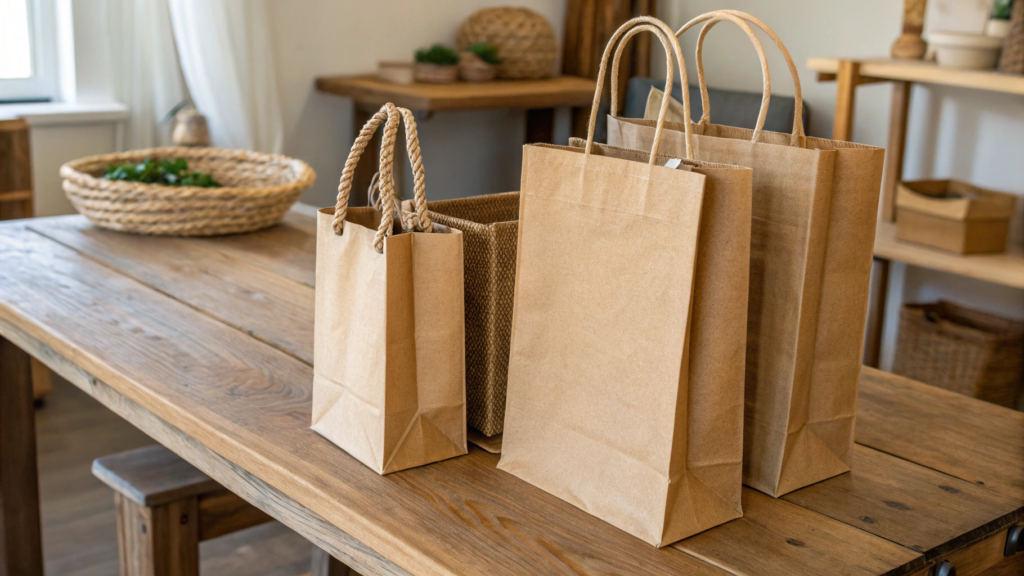
Eco-friendly kraft shopping bags are much more than just a different kind of bag. They are quietly changing how we think about buying things and living sustainably. People used to see kraft bags as plain and useful. Now, they are a big part of a larger change in our culture. They show that more and more people want products that match their values about the environment. At the same time, these bags still need to be useful and look good. So, why are kraft bags so special? Why are they becoming so popular in a world that cares more about the environment?
Are Kraft Bags Eco-Friendly?
Are you wondering if those brown paper bags truly help the environment? Many claims are made about "eco-friendly" products, and it is smart to ask questions.
Yes, kraft bags are highly eco-friendly because they are made from renewable wood pulp, are biodegradable, compostable, and recyclable, significantly reducing their environmental impact compared to traditional plastic bags.
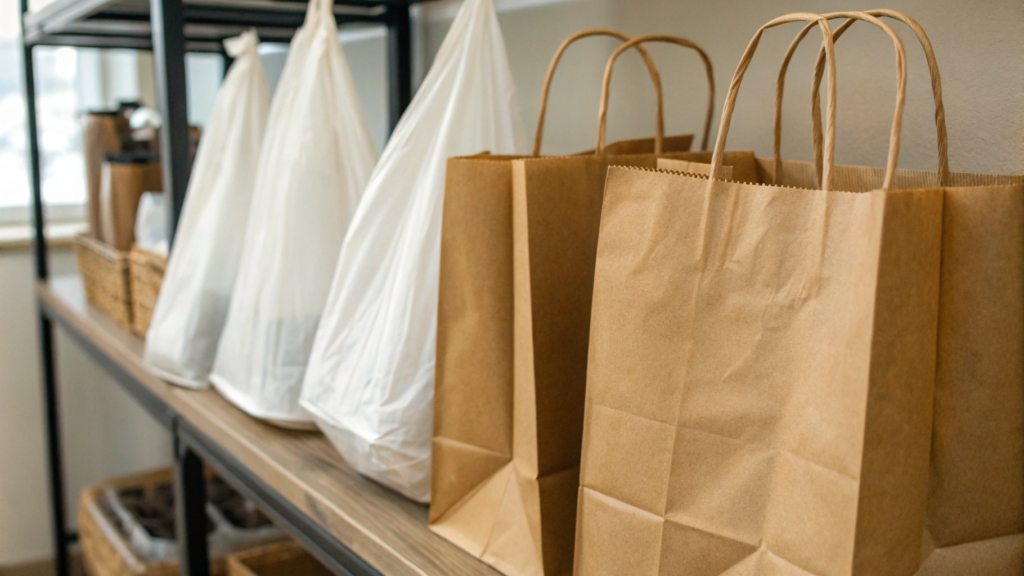
Where does kraft paper come from?
Kraft paper comes from wood pulp. This pulp is processed using a special method called the "kraft process." This process is very efficient. It uses almost all parts of the wood. Wood is a renewable resource, unlike oil used for plastic. This means we can regrow the trees. This makes kraft bags1 a much better choice for the planet than plastic. I learned about this process when I was working in the printing industry. It showed me how much thought goes into sustainable materials.
How do they break down?
Kraft bags are biodegradable. This means they can break down naturally in the environment. They are also compostable. This means you can add them to your compost pile, and they will turn into soil. Unlike plastic bags that can stay in landfills for hundreds of years, kraft bags disappear much faster. This helps a lot with the problem of too much plastic waste. It means they do not harm the earth for centuries. This is a big win for sustainability.
Are kraft bags recyclable?
Yes, kraft bags are fully recyclable. You can put them in your paper recycling bin. This allows the paper fibers to be used again. This reduces the need for new raw materials. It saves energy. It also cuts down on waste. Making sure products can be recycled is a key part of being truly eco-friendly. I always tell my clients that recyclability is a major selling point for these bags. It shows a commitment to a circular economy.
Do they use less energy to produce?
Producing kraft paper generally uses less energy than making plastic bags. The kraft process is designed to be energy-efficient. It often reuses chemicals and energy within the mill. This means a lower carbon footprint. When you choose a kraft bag, you are supporting a process that is more mindful of energy use. This is another reason why I see them as a great example of sustainability in action. It is about a whole system that works towards less harm.
What Is the Most Eco-Friendly Shopping Bag?
Are you looking for the best way to shop without harming the planet? With so many "green" options, it can be hard to know which one truly helps.
The most eco-friendly shopping bag is generally a reusable bag made from durable, sustainable materials like organic cotton, jute, or recycled plastics, used repeatedly over a long lifespan, minimizing the need for single-use alternatives.
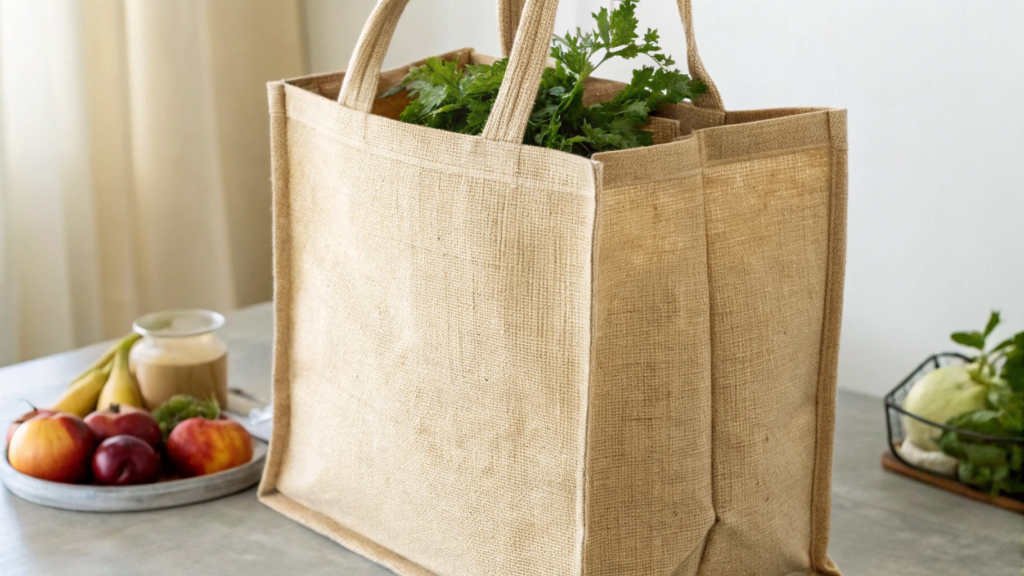
Why are reusable bags2 often best?
Reusable bags are often the best choice because their main benefit comes from being used many, many times. A single reusable bag can replace hundreds or even thousands of single-use bags over its life. This greatly reduces waste. Materials like organic cotton, jute, or even recycled PET (from plastic bottles) are good for reusable bags. The most important thing is that you actually use them over and over. I always carry my own reusable bags. It is a simple habit that makes a big difference.
How do natural fiber bags3 compare?
Natural fiber bags, like those made from organic cotton or jute, are good eco-friendly options. Organic cotton is grown without harmful pesticides. Jute is a very fast-growing plant that needs little water. Both are biodegradable. They are strong and durable for many uses. They feel natural. They can be a bit more expensive than synthetic reusable bags. They might also need more water to produce than recycled materials. But they are a solid choice for those prioritizing natural materials. I find them great for everyday shopping.
What about recycled plastic bags?
Reusable bags made from recycled plastics, like rPET (recycled polyethylene terephthalate), are another strong contender. They repurpose existing plastic waste. This reduces the demand for new plastic. These bags are very durable. They are also water-resistant. They can be a good option for wet items or heavy groceries. The key is that they are truly made from recycled content and that you use them many times. This prevents more plastic from entering landfills. It is a smart way to turn waste into something useful.
When are kraft bags the best option?
While reusable bags are great, kraft bags are the best choice for single-use situations. For example, if you forget your reusable bag. Or if a store needs a quick, presentable bag for purchases. They are also perfect for takeaways or small gift items. They offer a much better alternative to plastic for these needs. They are easily recyclable and biodegradable. This means they do not cause long-term pollution. They bridge the gap between convenience and sustainability. They are an essential part of the shift towards intentional consumption.
What Are the Disadvantages of Eco Bags?
Are "eco bags" always perfect? While they offer many benefits, it is important to understand their downsides. No solution is entirely without its challenges.
The disadvantages of eco bags can include higher initial production costs, potential for hygiene issues if not cleaned, reliance on consumer behavior for reusability, and in some cases, a larger environmental footprint than single-use bags if not used enough.
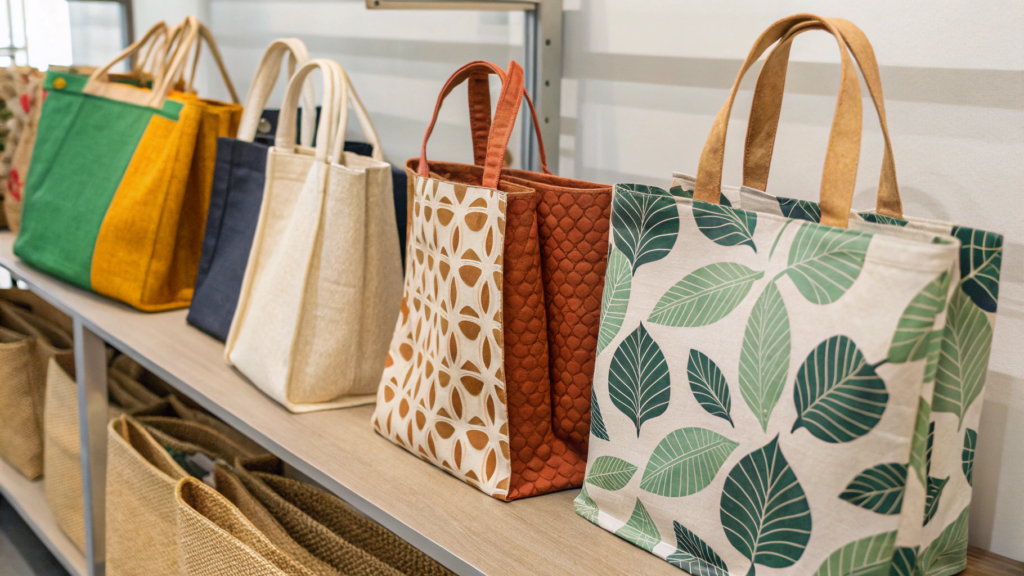
What about the production cost?
Eco bags, especially reusable ones, often cost more to make than single-use plastic bags. This is because the materials used, like organic cotton or durable recycled plastics, can be more expensive. The manufacturing processes can also be more involved. This higher upfront cost can be a barrier for some businesses or consumers. However, this cost is spread out over many uses. So, over time, a reusable bag becomes much cheaper than buying many plastic bags. I understand the budget concerns, but it is an investment.
Can eco bags have hygiene problems?
Yes, if not cleaned regularly, reusable eco bags can become dirty. They can harbor bacteria, especially if used for groceries like meat or fresh produce. This is a real concern. Plastic bags were often thrown away after one use, avoiding this problem. With reusable bags, users must remember to wash them. This adds a responsibility to the consumer. I always wash my grocery bags after a few uses to keep them clean and safe. It is a habit you need to form.
Do they really rely on consumer behavior?
The environmental benefit of reusable eco bags depends entirely on how often people use them. If someone buys a "reusable" bag but only uses it once or twice before throwing it away, its environmental impact can be worse than a single-use plastic bag. This is because making a durable reusable bag uses more resources initially. So, the effectiveness truly rests on consistent reuse. I have seen this often; the best bag is the one you actually use again and again.
What are other hidden environmental costs?
Some eco bags, particularly those made from natural fibers, can have hidden environmental costs. Growing cotton, even organic, can require significant amounts of water. Transporting heavier reusable bags can also have a larger carbon footprint than transporting lightweight plastic bags. These are factors to consider. The key is to choose bags that are durable and that you commit to using many, many times. It is about balancing all parts of the life cycle. It proves that even small choices can have a meaningful impact.
Conclusion
Eco-friendly kraft bags redefine shopping. They blend function, style, and sustainability. They reflect a world that cares more, wastes less.
-
Explore the benefits of kraft bags, including their biodegradability and recyclability, to understand why they are a sustainable choice. ↩
-
Learn about the advantages of reusable bags, including their long-term cost-effectiveness and environmental impact, to make informed choices. ↩
-
Discover the pros and cons of natural fiber bags like organic cotton and jute, and why they are a great eco-friendly choice. ↩


